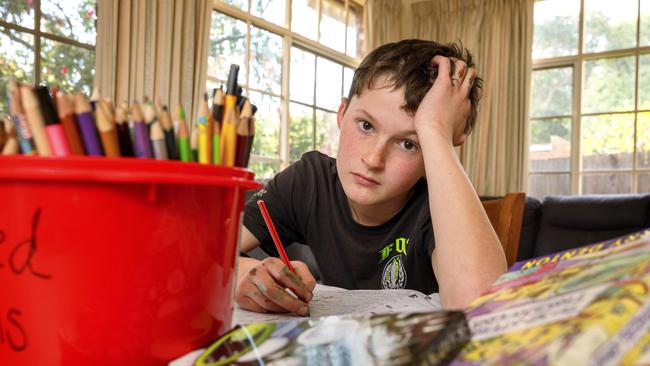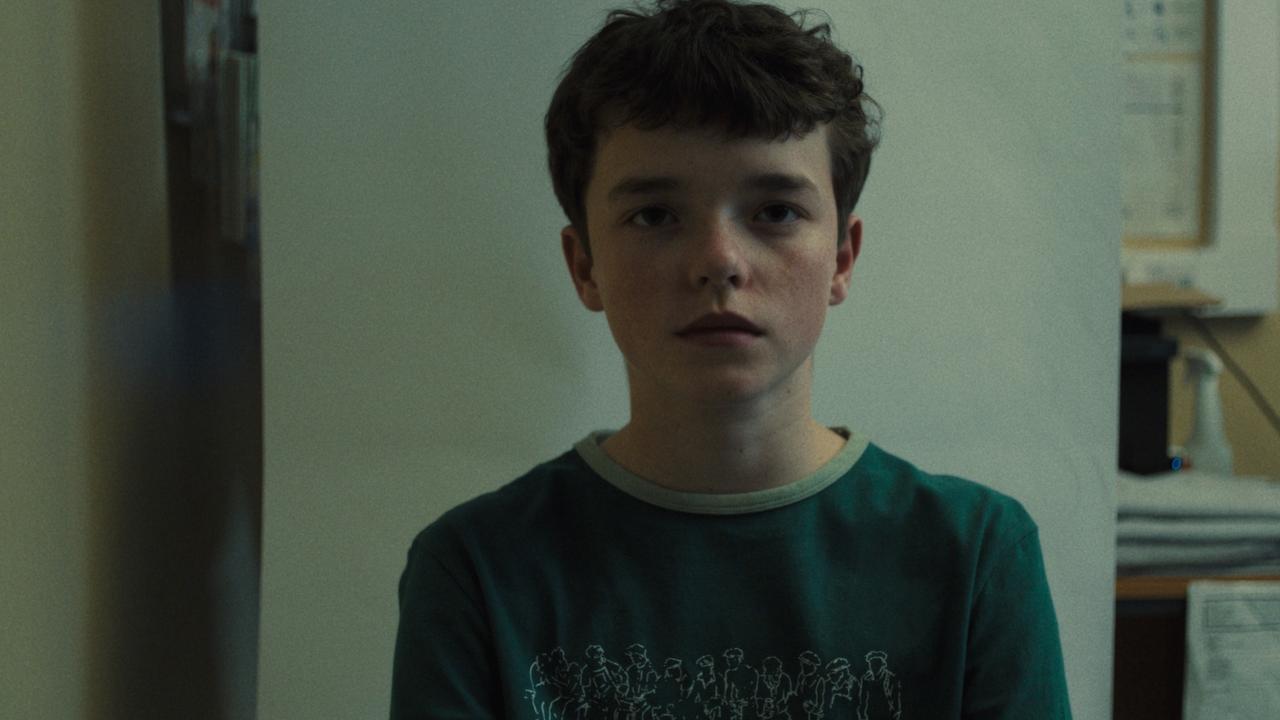Susie O’Brien: Schools must find better ways to handle outbreaks
While the rest of us are getting haircuts and eating out, some poor kids haven’t had any time on campus since August, and aren’t going back soon.
Susie O'Brien
Don't miss out on the headlines from Susie O'Brien. Followed categories will be added to My News.
There’s no Freedom Day for the state’s 1.1 million schoolchildren and their parents.
Most can’t fully enjoy the reopening of schools because they half expect their school to close due to a Covid case.
The rest of us are getting haircuts and having dinner parties, but some poor kids still haven’t had any time on campus at all since August, and aren’t going back soon.
Some got less than 90 minutes with their teachers and friends before their school closed last Monday due to a Covid case.
There’s a pattern that’s playing out at dozens and dozens of schools. Open one day, close the next after a positive case. Reopen for a day, then close for another after a second case.
It’s unsettling and disruptive for kids who’s spent eight months over the past two years out of class. It’s particularly difficult for those with autism or anxiety disorders. Parents trying to get on with work don’t deserve to have their kids at home again for weeks on end.
Kids want – and deserve – a stable and predictable return to school. But it’s been chaos at nearly 250 schools across the state this term so far.
It doesn’t have to be this way.

The response to Covid in schools must stay in line with other freedom measures. If we can have 5000 vaccinated people at a concert or cinema, then we should be able to manage to keep 500 kids at school throughout an outbreak.
The problem is that the Victorian government, which seems to be perpetually behind everywhere else, is still applying the TTIQ process to positive cases in schools. TTIQ stands for test, trace, isolate and quarantine.
This is having an unfair and adverse effect on kids under the age of 12 who can’t yet get vaccinated and thus must quarantine for 14 days. It’s absurd.
A 10-year-old who won’t get sick and is unlikely to spread the virus is treated the same as an unvaccinated 70-year-old with severe health problems.
It’s out of step with the way Covid cases are being handled in schools in many other countries.
The latest research from the Murdoch Children’s Research Institute suggests an alternative method called “test to trace”. This involves giving primary close contacts swab tests then letting them stay in class if they are negative.
Positive cases will still have to isolate, but primary contacts who are asymptomatic would be able to return to school immediately after posting a negative test. Rapid antigen tests would provide a response even faster so they may not even have to leave school at all.
It’s a pity this health advice from some of the country’s best scientists has been overlooked by the Premier and his team time and again.
The Premier has done dozens of interviews crowing about our state’s new-found freedom, but he’s forgotten about students still in isolation purgatory.
As Professor Fiona Russell of the MCRI has been saying for a while, a move away from the TTIQ model is urgently needed to reduce lost learning and family disruption.
Research by Professor Sharon Goldfeld shows that in many places like Singapore and Denmark, students can stay at school during outbreaks if they have a negative rapid antigen test and no symptoms.
In Britain, contract tracing is no longer performed in schools. Close contacts take a test but are not required to isolate at all if they are fully vaccinated or below 18.
It’s the same in San Francisco schools, where fully vaccinated close contacts are recommended to take a PCR test but do not have to isolate.
Rapid testing, which is still in the trial phase in Victoria (surprise, surprise) is a game-changer that allows cheap, fast and mass testing at sites like schools.
It urgently needs to be fast tracked because one third of all Covid cases in this outbreak are in Victorian children under 18 – all of whom attend school.
We must stop treating schools like other sites because children react differently to this virus.
Not only are 98 per cent of kids’ cases of the Delta variant asymptomatic or mild, kids are four times less likely to spread it to each other than staff to staff. Secondary transmission is also only 37 per cent in education settings (mainly childcare) compared to 57 per cent in households.
Repeated school closures are having a more devastating effect on children than Covid ever has.
School leaders and teachers deserve the safest workplace possible, where rapid antigen testing will pinpoint cases with speed and accuracy, allowing schools to stay open for all but the positive cases.
Children need freedom – freedom from endless school closures and needless isolation.



